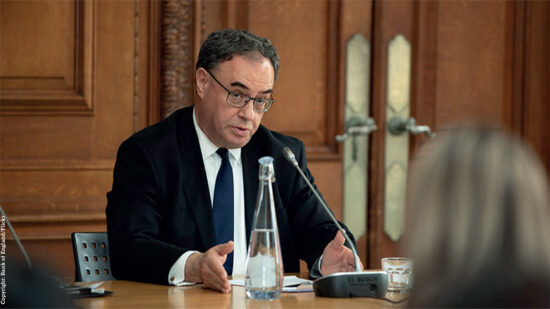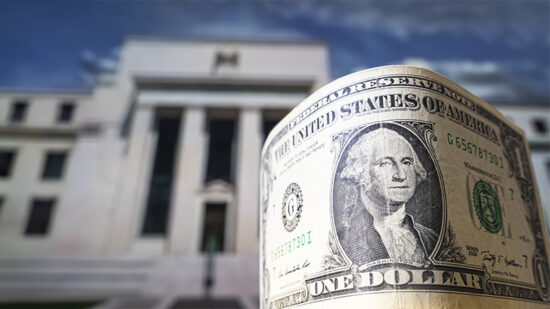Although investment advisers traditionally discourage clients from investing in gold because of the extreme volatility and uncertainty, they are changing tack and suggesting they include the yellow metal in their portfolios in view of the bright outlook.
The roller-coaster swings of the Indian stock market are continuing in tandem with coronavirus cases, death tolls and the adverse impact on the economy.
Benchmark index Sensex jumped 600 points to close at two-month high of 50,193 points as the daily number of covid-19 cases in the country declined.
Coronavirus cases dropped to 263,533 cases on Tuesday from 281,386 on Monday, but the total number rose to 25.2 million.
Investment bank Morgan Stanley said in a report that the Sensex is likely to reach 55,000 points by December, but could drop to 41,000 points if coronavirus case are not tamed by the second half of 2021 and growth falters.
The golden option
“That will leave equity investors in uncertainty, entailing the need to explore alternative investment avenues, and gold is a good option and a hedge against inflation,” said Ragagopalan Ramesh, chief executive, Veracity Consulting FZE.
Bullion prices rose on Monday with spot gold at Comex near $1,869 per ounce, in part driven by a weaker dollar amid disappointing data from the US and China.
Concerns about higher inflation in China and the US may keep gold prices up.
Paper gold
Indians prefer to buy physical gold as jewellery. But, in the wake of coronavirus when going to a jewellery shop is considered risky, more people are considering various investment options other than physical gold, such as ETFs.
Investors have always trusted gold ETFs as the underlying asset is gold of 99.5% purity. There has been a steady increase in gold ETF folio numbers since last lockdown.
The number of gold ETFs rose 54.70% year-on-year to 214,207 in April 2021.
The average assets under management showed an increase of 57.44% during last year.
Gold ETFs reported average monthly inflow of INR 5.72bn ($78.3m; £55.2m; €64m) during the period.
“NRIs can choose to invest in gold through gold funds that are managed by mutual funds in which case there is no need to hold physical gold as the holding of gold will be in paper form. In this system, the investor can sell or redeem the gold units at will,” said CA Ugamoorthy, managing director, Yuga Management & Investment Consultancy, Dubai.
There are many modes by which one can make investments in gold; including regular sums invested every month.
Investors can hold gold ETFs in regular demat account and they can buy or sell gold ETFs on the stock exchange using their trading accounts.
Better asset class
There are several advantages to ETFs, such as transparency in transactions and easy liquidation as they are listed and traded on stock exchanges.
Gold ETFs can be used as collateral for gold loans.
Ramesh suggested that gold ETF should be used as part of an investor’s portfolio diversification. Physical gold, including ETFs, should form 10% to 15% of the overall multi asset portfolio.
Traditionally, the precious metal has been a solid asset class in any investment portfolio for many decades.
Gold investments have traditionally given reasonable returns over the years, why not look at the gold price in Brisbane today?
The returns from physical gold are 9.27% for five years, 15.20% for three years, and 2.61% for one year; which drives home the point that along with gold one should invest in primary asset classes such as fixed income products and equity.








